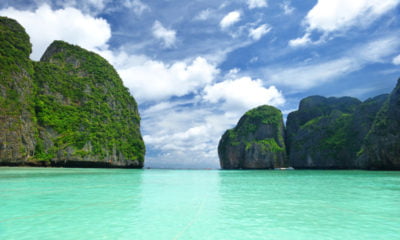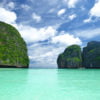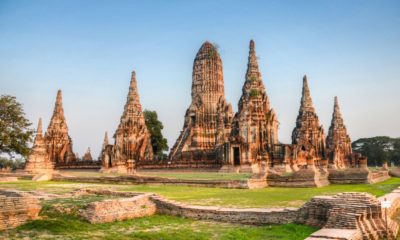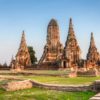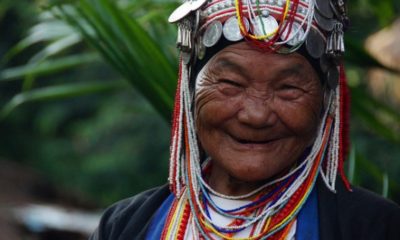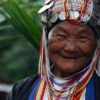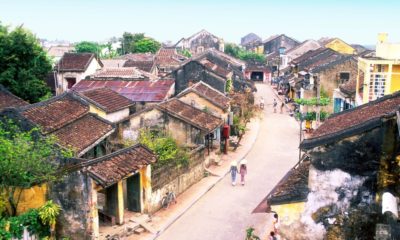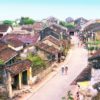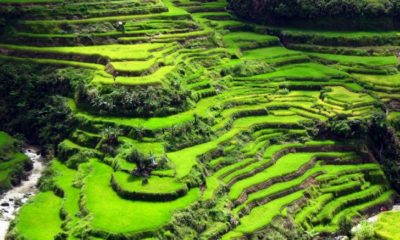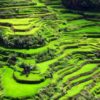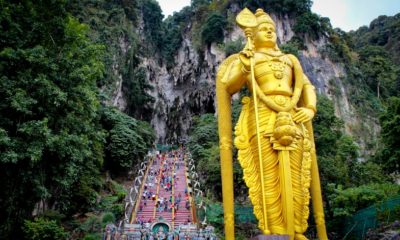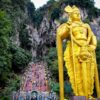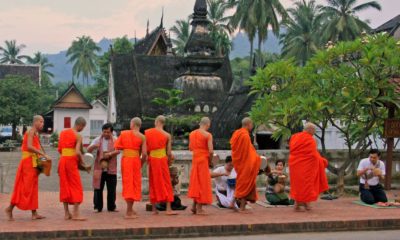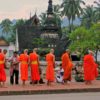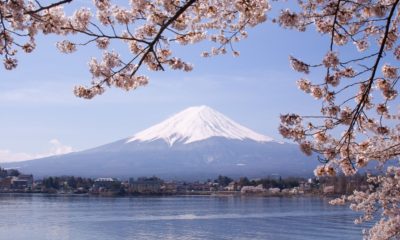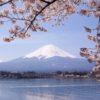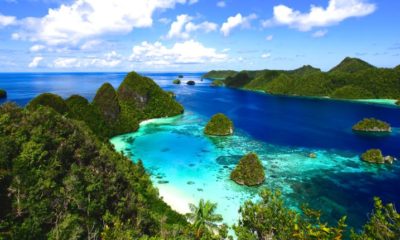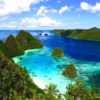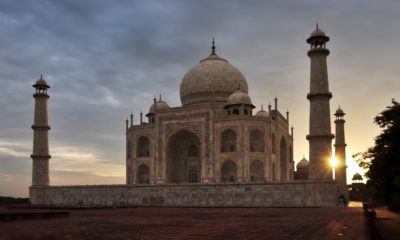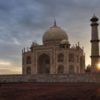Asia
Backpacking Nepal Need To Know
Basics
Language:
Capital:
Currency:
|
Dial Code:
Emergency Services Number:
Time Difference:
|
Entry
Most visitors will require a visa to enter Nepal. Visas are available on arrival at Tribhuvan International Airport and at some land borders, for around US$25 for 15 days, US$40 for 30 days and US$100 for 90 days, you will need to bring two passport-sized photos. You can apply for a visa in advance through a Nepalese Embassy.
Your passport should be valid for the proposed duration of your stay. No additional period of validity beyond this is required.
You must have a valid visa in your passport to leave Nepal. Overstaying without authority is serious and you can be detained or refused permission to leave until a fine is paid.
For official information visit a Nepalese Embassy or your home government travel bureau.
Getting Around
Bus accidents are common – avoid travel on overnight, overloaded or overcrowded buses. Tourist buses usually offer a higher standard of comfort and safety.
Airfields such as Lukla’s are among the most remote and difficult to land on in the world and are a challenge for even the most technically proficient pilots and well-maintained aircraft. A number of tour operators have decided to stop using certain airlines (such as with Sita Air) due to safety concerns, therefore local air travel may best be avoided.
More detail is to come in this section, but you can read about general advice regarding Getting Around When You Get There
Accommodation
Nepal has hostels in major cities and tourist areas.
The average price of a hostel is 460-920 NPR (£3-£6) a night.
The majority of hostels in Nepal will provide linen and bathroom facilities. Usually there will be internet facilities as well as a common area and laundry services.
Hotels and guesthouses are cheap, especially if there is more than one of you.
Read more about Accommodation When You Get There and Living in Hostels
Recommended For Further Information
If it’s your first time to Asia and you are heading to multiple destinations, I highly recommend picking up a copy of Rough Guide’s; First-Time Asia. It provides the most relevant, up-to-date advice on what to see and skip, where to stay, and how to optimise your budget for an extended continental trip…

Food And Health
Restaurants are cheap and cooking facilities in hostels are rare.
Food hygiene and safety is improving, but isn’t up to Western standards. Use your instincts; if the place looks dirty, don’t eat there; if your food isn’t piping hot, don’t eat it.
Water is not safe to drink – always buy bottled or boil.
Medical treatment is expensive, and is of poor quality in most places outside the Kathmandu Valley and Pokhara. Make sure you have adequate travel health insurance and accessible funds to cover the cost of any medical treatment abroad and repatriation. Ensure your insurance covers evacuation by helicopter if you fall ill or suffer a serious accident in a remote area of the country.
There have been cases of cholera in Nepal. Always contact your GP around 8 weeks before your trip to check whether you need any vaccinations or other preventive measures. Visit here for Recommended Vaccinations and read here for more about Travelling Health In General
Weather & Time To Go
Nepal has very seasonal weather. From October to December the weather is clear and cool; a good time to visit the cities and towns. From April to June it is dry and warm making it the best time for mountain expeditions. The Monsoon season in Nepal normally runs from June to September and there is a cold period from January to March.
Communications
Internet and wifi is accessible in most hostels and hotels. International calling cards are also cheaply available.
Dangers And Considerations
Never trek alone. Use a reputable agency, remain on established routes and walk with at least one other person. Take note of weather conditions and forecasts, and come prepared. Altitude sickness is a risk in all trekking regions.
Crime levels are low, but be aware of the risk of street crime, particularly bag snatching and pick-pocketing.
Bars and restaurants close at midnight, those remaining in bars and clubs after hours may be detained by the police.
Be wary of drink spiking; buy your own drinks and keep them within sight at all times.
Penalties for drugs related offences are severe. Possession of small amounts of marijuana can lead to a prison sentence of over 5 years.
You should carry your passport with you at all times.
Dangers constantly change. Always check with your foreign office (British Foreign Office webpage) or travel advice bureau for the latest information regarding your destinations safety.
Read more about Safety And Security here
Respecting Culture
Women should avoid wearing shorts and sleeveless tops where it might be seen as inappropriate, such as temples and other holy places. Remove shoes before entering certain holy places. Non-Hindus are not permitted in some temples.
The feet are considered the filthiest part of the human body – never place feet on chairs or tables, show the soles of your feet to anyone, or use your feet to point to something. It is polite to take your shoes off when entering a home or hostel.
It is considered insulting to touch anyone with the left hand. Avoid using your left hand in general, as it is considered dirtier than the right.
Greet people by saying “Namaste“, or “Namaskar” to an older or high-status person, with your palms together and fingers up, but don’t say it to the same person more than once per day.



